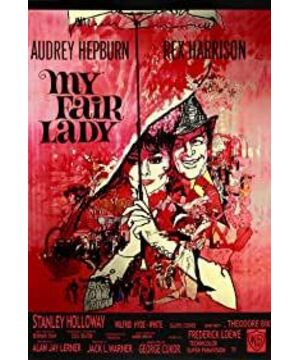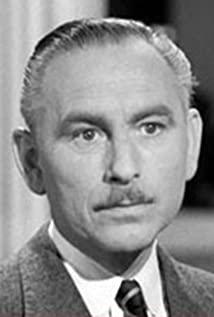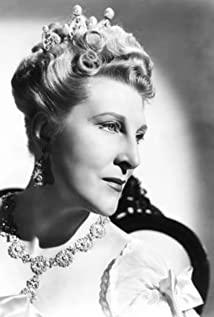Actually.
'I wanna be a lady in a flower shop 'stead o' selling flowers in the streets.'
But.
'But they won't take me 'less I speak better.'
So.
'So here I am, ready to pay him. I'm not asking for any favors...'
just.
'...and he treats me like dirt.'
English textbooks describe Eliza in pygmalion as an 'ambitious' girl. Personally I don't think so.
Anyone who has studied history knows that the thinkers who rose in the Enlightenment said that 'all men are created equal'. 'Everyone has the right to pursue happiness', 'diligence and thrift' and so on. In short, it is the belief that anything will be rewarded as long as there is effort. What an inspiring and inspiring statement.
But what everyone often overlooks is that these Enlightenment thinkers are often from aristocratic backgrounds. Taking Voltaire as an example, he was often able to enter and leave the Palace of Versailles to make friends with many nobles. Their commanding heights are already much higher than the general public contained in their doctrines. The French Revolution, in Tocqueville's words, was 'a farce by a group of thinkers who had little to do with politics and didn't understand the situation, leading politicians who wanted to get on the side of the democratic trend'. They replace the complex traditional habits that govern contemporary society with simple and fundamental principles drawn from reason and natural law, which are a priori metaphysical philosophies not based on experience, much less through practice test. The reason why these nobles can have such a clear and clear humanistic thought and the idea of equality for everyone is really because of their superior material environment. They are willing to ideologically reduce themselves to the status of equality for everyone, but are unwilling to give up their inherent aristocratic privileges. To put it bluntly, it is "standing and talking without back pain".
Have you thought about it? The 'everyone is equal' that we often shout is really speaking on the basis that our own rights and interests are not damaged. The school is divided into key classes and non-emphasis classes, you will not call it unfair, because you are the top student in the key class; when you see some children in poor areas suffering and afflicted, you cry and express your testimonials, and then use this as an excuse to encourage yourself Study hard and move up every day, because seriously, you don't want to fall into that situation, and you can't feel that situation; you can be very calm and calm as if the sky is falling, because you have never really felt it. Equality and the pain of not getting.
So, do you know eliza doolittle?
Behind her pretentious posturing 'i am Eliza Doolitle and I'm clean, my clothes went to the laundry last week';
when she debuted, she cried angrily for fear of being mistaken for a liar Behind the phrase 'i am an honest girl i am!';
And the phrase 'I won the bet for you' 'what's to become of me?!' which broke out after she successfully passed off as an Hungarian princess and was still despised by higgins...
There was so much blood and tears behind her.
How much love, pain, and hate.
What a stubborn and fragile heart.
All she wanted was to 'become a lady who sells flowers in a flower shop', to not be looked down upon, and to have equal conversations with gentlemen for the first time in her life. How ambitious is this?
There are some things in the world that are like this, you can't just work hard.
When everyone in school watched "My Fair Lady", they all laughed happily. However, I don't know how many people have seriously thought about this:
if you never met higgins, Eliza will always be the flower girl, and it will never be done again.
And this is something that some people don't remember; they didn't experience inequality firsthand, they were always on the superior side.
And some people, after laughing, burst into tears.
View more about My Fair Lady reviews











